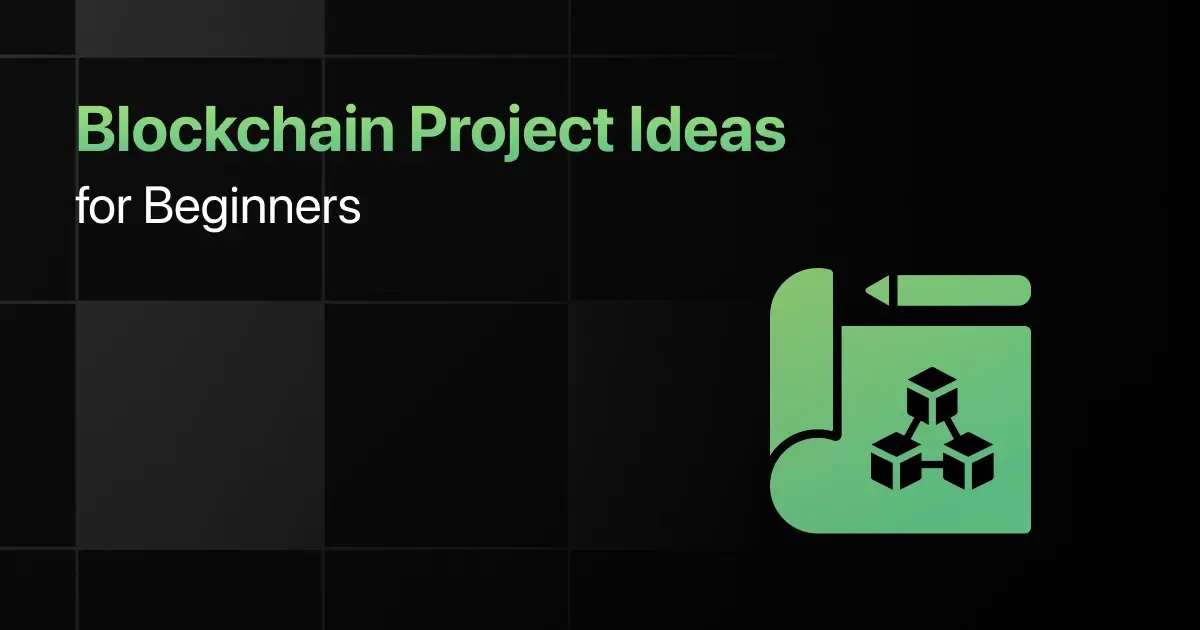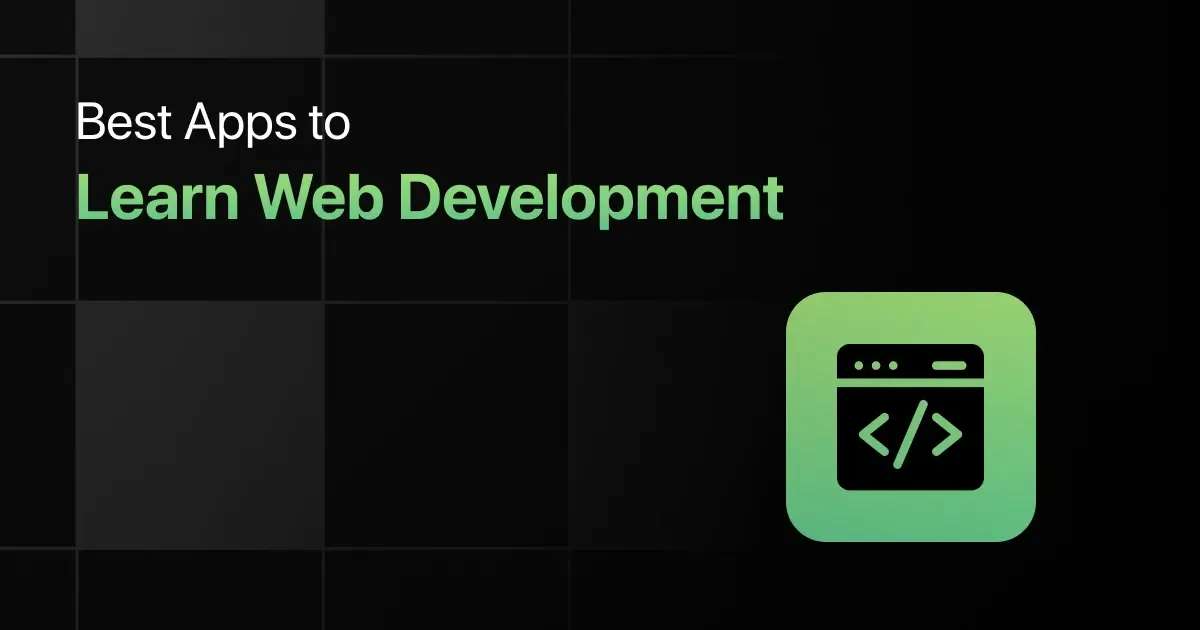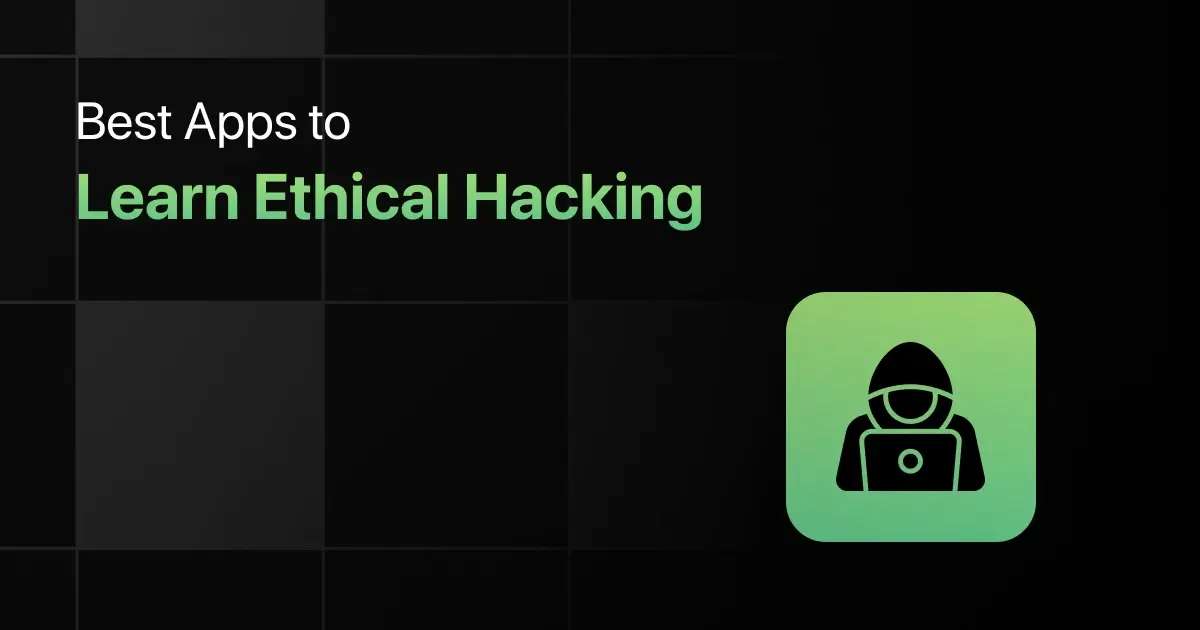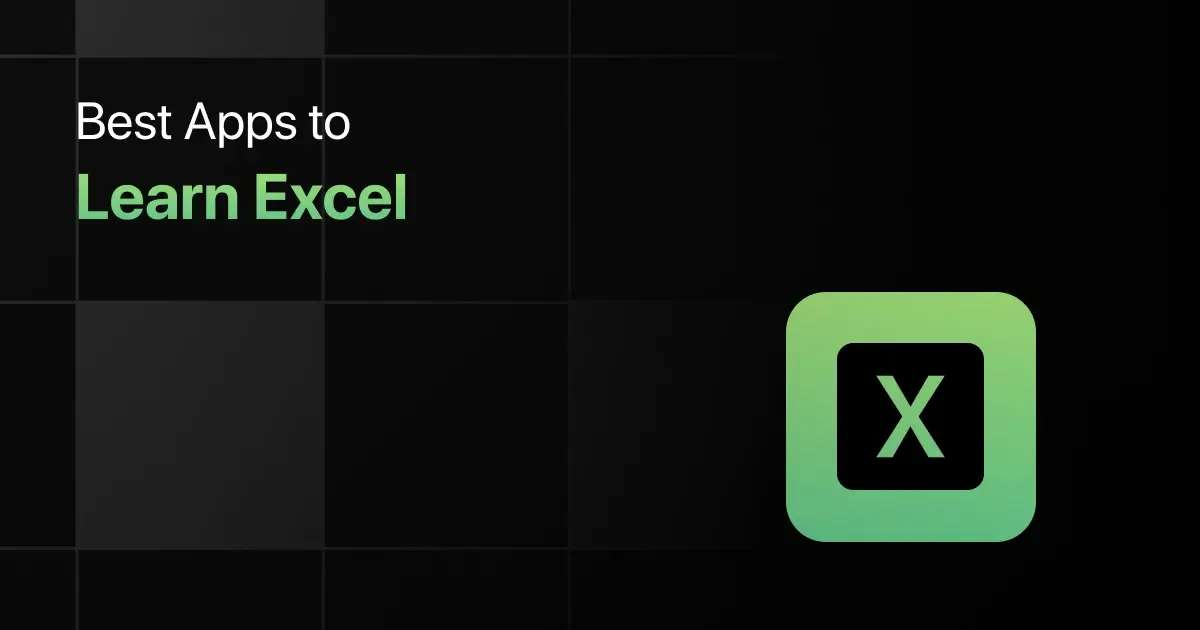Best Blockchain Project Ideas for Beginners

Do you want to become a pro in the field of Blockchain?
Blockchain technology’s prime advantage lies in transparency and security. The future of blockchain technology includes smart contracts, supply chains, cyber security, and storage in the cloud.
If you are a beginner looking for simple blockchain project ideas, read this article.
10 Beginner-Friendly Blockchain Project Ideas – Overview
Here’s an overview of the 10 best Blockchain projects for beginners:
| S.No. | Project Title | Complexity | Estimated Time | Source Code |
|---|---|---|---|---|
| 1 | Decentralized Voting System | Medium | 40 hours | View Code |
| 2 | Fraud Detection System | Hard | 40 hours | View Code |
| 3 | Web Hosting System | Medium | 40 hours | View Code |
| 4 | Identity Management System | Medium | 40 hours | View Code |
| 5 | Insurance Claims | Medium | 45 hours | View Code |
| 6 | Loyal Points Exchange System | Medium | 45 hours | View Code |
| 7 | Decentralized Supply Chain Management | Medium | 50 hours | View Code |
| 8 | Decentralized Hospital DBMS | Medium | 55 hours | View Code |
| 9 | KYC Verification | Medium | 50 hours | View Code |
| 10 | Crowding Platform using Smart Contract | Medium | 50 hours | View Code |
Top 10 Blockchain Projects for Beginners
Below are the top 10 blockchain projects for beginners:
1. Decentralized Voting System
This project focuses on creating a decentralized voting system using blockchain technology.
You will learn how to implement secure and transparent voting mechanisms through blockchain.
Duration: 40 hours
Project Complexity: Medium
Learning Outcome: Understanding of smart contracts, consensus algorithms, and blockchain security.
Portfolio Worthiness: Yes
Required Pre-requisites:
- Basic programming knowledge
- Understanding of blockchain fundamentals
- Familiarity with smart contracts
Resources Required:
- Blockchain development platform (e.g., Ethereum, Solidity)
- Development tools (e.g., Truffle, Ganache)
- Code editor and version control system
Real-World Application:
- Enhancing electoral transparency and security
- Reducing the costs and complexity of conducting elections
2. Blockchain-Based Fraud Detection System
This project aims to develop a fraud detection system utilizing blockchain technology to ensure the integrity and security of transactions.
You will learn advanced techniques in data analysis and cryptographic security within a blockchain environment.
Duration: 40 hours
Project Complexity: Hard
Learning Outcome: Understanding of data validation, transaction analysis, and security protocols in blockchain.
Portfolio Worthiness: Yes
Required Pre-requisites:
- Proficiency in programming languages like JavaScript or Python
- Knowledge of blockchain principles and smart contracts
- Experience with data analysis and security protocols
Resources Required:
- Blockchain development tools (e.g., Ethereum, Hyperledger)
- Data analysis software
- Test networks for deployment and testing
Real-World Application:
- Enhancing security in financial transactions
- Reducing fraud in sectors like insurance and public benefits
3. Blockchain-Based Web Hosting System
This project involves creating a blockchain-based web hosting system to enhance security, uptime, and data integrity.
You will learn how to deploy decentralized applications (DApps) for web hosting on a blockchain network.
Duration: 40 hours
Project Complexity: Medium
Learning Outcome: Understanding of decentralized application development, blockchain network management, and distributed data storage.
Portfolio Worthiness: Yes
Required Pre-requisites:
- Solid understanding of blockchain technology
- Basic knowledge of web development
- Familiarity with decentralized networks and their protocols
Resources Required:
- Blockchain development platforms (e.g., Ethereum, IPFS)
- Web development tools and libraries
- DApp development environments
Real-World Application:
- Increasing website uptime and resilience against attacks
- Ensuring data integrity and security for hosted content
4. Blockchain-Based Identity Management System
This project focuses on creating a blockchain-based identity management system to provide secure and verifiable digital identities.
You will learn to implement decentralized identities (DID) and manage personal data with blockchain technology.
Duration: 40 hours
Project Complexity: Medium
Learning Outcome: Understanding of decentralized identities, smart contracts for identity verification, and privacy protection in blockchain.
Portfolio Worthiness: Yes
Required Pre-requisites:
- Understanding of blockchain basics
- Experience with smart contracts and Solidity
- Basic knowledge of security and privacy principles
Resources Required:
- Blockchain platform capable of handling DIDs (e.g., Ethereum)
- Tools for developing and deploying smart contracts (e.g., Truffle, Remix)
- Documentation of digital identity standards
Real-World Application:
- Enhancing user privacy and control over personal data
- Reducing identity theft and fraud in digital transactions
5. Blockchain-Based Insurance Claims
This project develops a blockchain-based system to streamline and secure the processing of insurance claims.
You will learn how to utilize blockchain for automating claims verification and reducing fraud.
Duration: 45 hours
Project Complexity: Medium
Learning Outcome: Understanding blockchain transaction processing, smart contracts for automation, and the impact of blockchain on reducing fraud in insurance.
Portfolio Worthiness: Yes
Required Pre-requisites:
- Basic knowledge of blockchain technology
- Experience with smart contracts programming
- Understanding of insurance industry basics
Resources Required:
- Blockchain platform (e.g., Ethereum, Hyperledger Fabric)
- Development tools for smart contracts (e.g., Solidity, Truffle)
- Simulation tools for testing claim processes
Real-World Application:
- Reducing fraudulent claims and associated costs
- Speeding up the insurance claims process
6. Loyal Points Exchange System
This project aims to develop a blockchain-based loyalty points exchange system that enables secure and transparent trading of loyalty points among users.
You will learn how to implement a tokenization system for loyalty points on a blockchain network.
Duration: 45 hours
Project Complexity: Medium
Learning Outcome: Understanding of token economics, blockchain ledgers for tracking transactions, and smart contracts for loyalty programs.
Portfolio Worthiness: Yes
Required Pre-requisites:
- Familiarity with blockchain fundamentals
- Basic programming skills in a blockchain environment
- Understanding of economic models and value exchange systems
Resources Required:
- Blockchain platform suitable for token creation (e.g., Ethereum, Binance Smart Chain)
- Tools for developing and testing smart contracts (e.g., Remix, MetaMask)
- API integration for connecting with existing loyalty programs
Real-World Application:
- Enhancing flexibility and utility of loyalty programs
- Facilitating cross-platform trading of loyalty points
7. Decentralized Supply Chain Management
This project creates a decentralized supply chain management system using blockchain to ensure transparency and traceability of goods.
You will learn how blockchain technology can optimize logistics, enhance security, and improve supply chain efficiency.
Duration: 50 hours
Project Complexity: Medium
Learning Outcome: Understanding of supply chain logistics, smart contracts for automating processes, and blockchain’s role in enhancing transparency.
Portfolio Worthiness: Yes
Required Pre-requisites:
- Basic understanding of blockchain technology
- Knowledge of logistics and supply chain management
- Programming skills for smart contract development
Resources Required:
- Blockchain development platforms (e.g., Ethereum, Hyperledger Fabric)
- Tools for smart contract development and deployment (e.g., Truffle, Ganache)
- Simulation software for supply chain scenarios
Real-World Application:
- Reducing counterfeiting and theft in the supply chain
- Enhancing real-time tracking and verification of goods
8. Decentralized Hospital Database Management System
This project involves creating a decentralized hospital database management system using blockchain to secure patient records and ensure privacy.
You will learn to implement blockchain-based solutions for data integrity and access control in healthcare settings.
Duration: 55 hours
Project Complexity: Medium
Learning Outcome: Understanding blockchain data structures, smart contracts for secure data access, and compliance with healthcare privacy regulations.
Portfolio Worthiness: Yes
Required Pre-requisites:
- Strong programming skills, particularly in blockchain technologies
- Knowledge of healthcare data management and privacy laws
- Experience with smart contracts and decentralized applications
Resources Required:
- Blockchain platform suitable for handling sensitive data (e.g., Ethereum, Hyperledger)
- Tools for developing and testing smart contracts (e.g., Remix, Metamask)
- Database encryption and security tools
Real-World Application:
- Enhancing patient data privacy and security
- Streamlining access to medical records across various healthcare providers
9. Blockchain-Based KYC Verification
This project develops a blockchain-based KYC (Know Your Customer) verification system to streamline the verification process while enhancing security and privacy.
You will learn how to use blockchain to create immutable and verifiable records of customer identities.
Duration: 50 hours
Project Complexity: Medium
Learning Outcome: Understanding of identity verification processes, smart contracts for data validation, and the application of privacy-preserving techniques in blockchain.
Portfolio Worthiness: Yes
Required Pre-requisites:
- Basic understanding of blockchain technology
- Experience with smart contracts and programming in Solidity
- Knowledge of regulatory requirements for KYC processes
Resources Required:
- Blockchain platform (e.g., Ethereum, Hyperledger Fabric)
- Development tools for smart contracts (e.g., Truffle, Ganache)
- API integrations for existing KYC services
Real-World Application:
- Reducing fraud in financial transactions
- Streamlining customer onboarding processes
10. Crowding Platform using Smart Contract
This project aims to create a crowding platform using smart contracts on a blockchain to ensure transparency and security in crowdfunding activities.
You will learn how to design and implement smart contracts that manage transactions and track funding progress.
Duration: 50 hours
Project Complexity: Medium
Learning Outcome: Understanding of smart contract deployment, transaction security on blockchain, and the mechanics of crowdfunding via decentralized platforms.
Portfolio Worthiness: Yes
Required Pre-requisites:
- Knowledge of blockchain basics
- Experience with programming smart contracts, preferably in Solidity
- Understanding of financial transactions and regulatory aspects of crowdfunding
Resources Required:
- Blockchain development platform (e.g., Ethereum)
- Smart contract development tools (e.g., Remix, Truffle)
- Testing environments like Ganache for simulating transactions
Real-World Application:
- Enhancing transparency and trust in crowdfunding campaigns
- Reducing costs and barriers for fund seekers
Frequently Asked Questions
1. What are some easy Blockchain project ideas for beginners?
Some easy Blockchain project ideas for beginners are:
- Decentralized Voting System
- Decentralized Hospital Database Management System
- Decentralized Supply Chain System
2. Why are Blockchain projects important for beginners?
Blockchain projects are important for beginners as they provide hands-on experience with decentralized technologies and fundamental blockchain concepts.
3. What skills can beginners learn from Blockchain projects?
From Blockchain projects, beginners can learn programming, cryptography, smart contract development, DApp creation, and blockchain security.
4. Which Blockchain project is recommended for someone with no prior programming experience?
A Decentralized Voting System is recommended for someone with no prior programming experience.
5. How long does it typically take to complete a beginner-level Blockchain project?
It typically takes 50 hours to complete a beginner-level blockchain project.
Final Words
Blockchain mini projects for beginners can easily help you build a strong portfolio to ace technical interviews. You can easily build real-world industry 4.0 applications and dApps with Blockchain.
You can develop them to suit your requirements based on your experience and understanding of these beginner blockchain projects.
Explore More Project Ideas
- Python
- Java
- C Programming
- HTML and CSS
- React
- JavaScript
- PHP
- C++
- DBMS
- SQL
- Excel
- Angular
- Node JS
- DSA
- Django
- Power BI
- R Programming
- Operating System
- MongoDB
- React Native
- Golang
- Matlab
- Tableau
- .Net
- Bootstrap
- C#
- Next JS
- Kotlin
- jQuery
- React Redux
- Rust
- Shell Scripting
- Vue JS
- TypeScript
- Swift
- Perl
- Scala
- Figma
- RPA
- UI/UX
- Cloud Computing
- DevOps
Related Posts

Best Apps to Learn Web Development
Ever thought about building your own website or launching a career in tech but don’t know where to start? With the …






